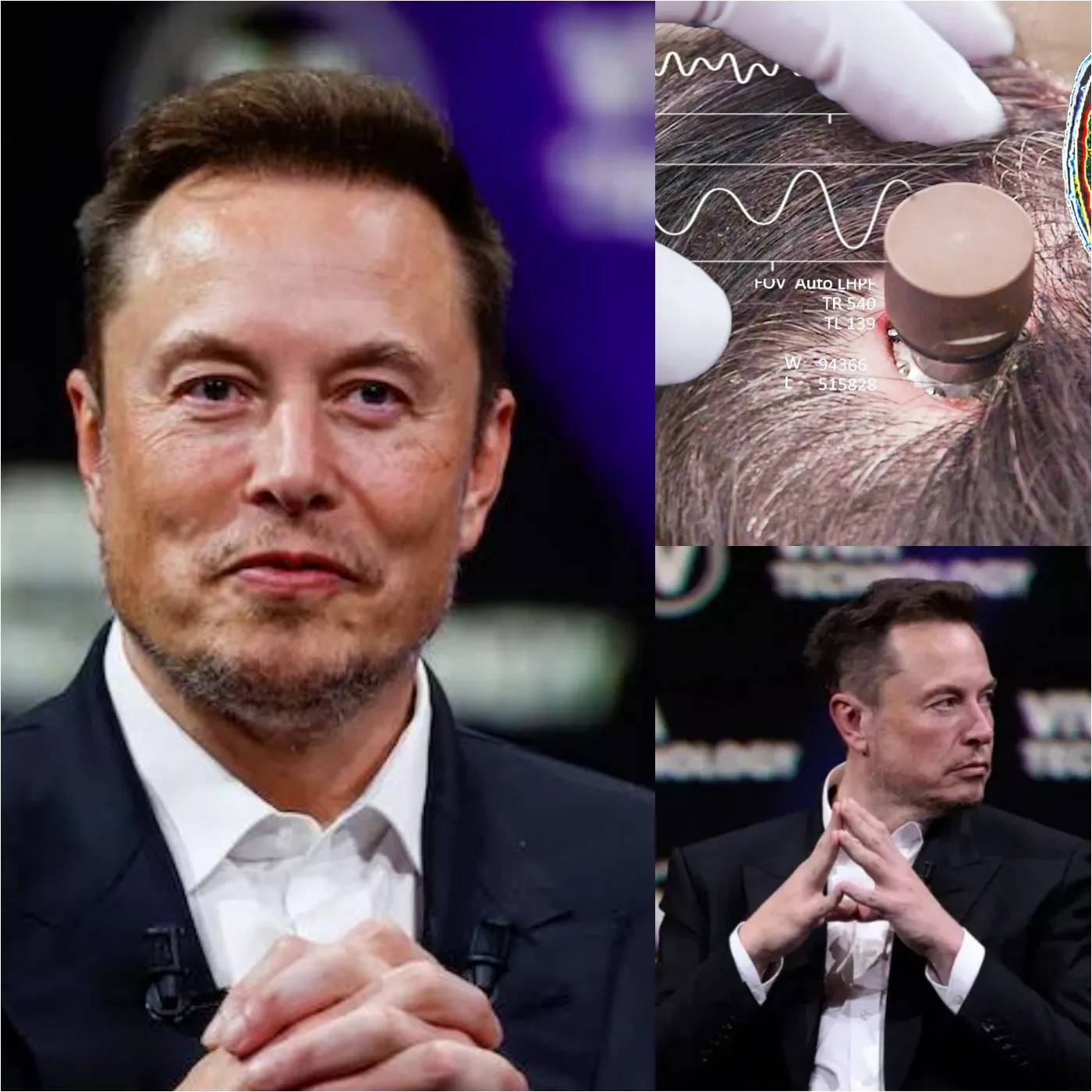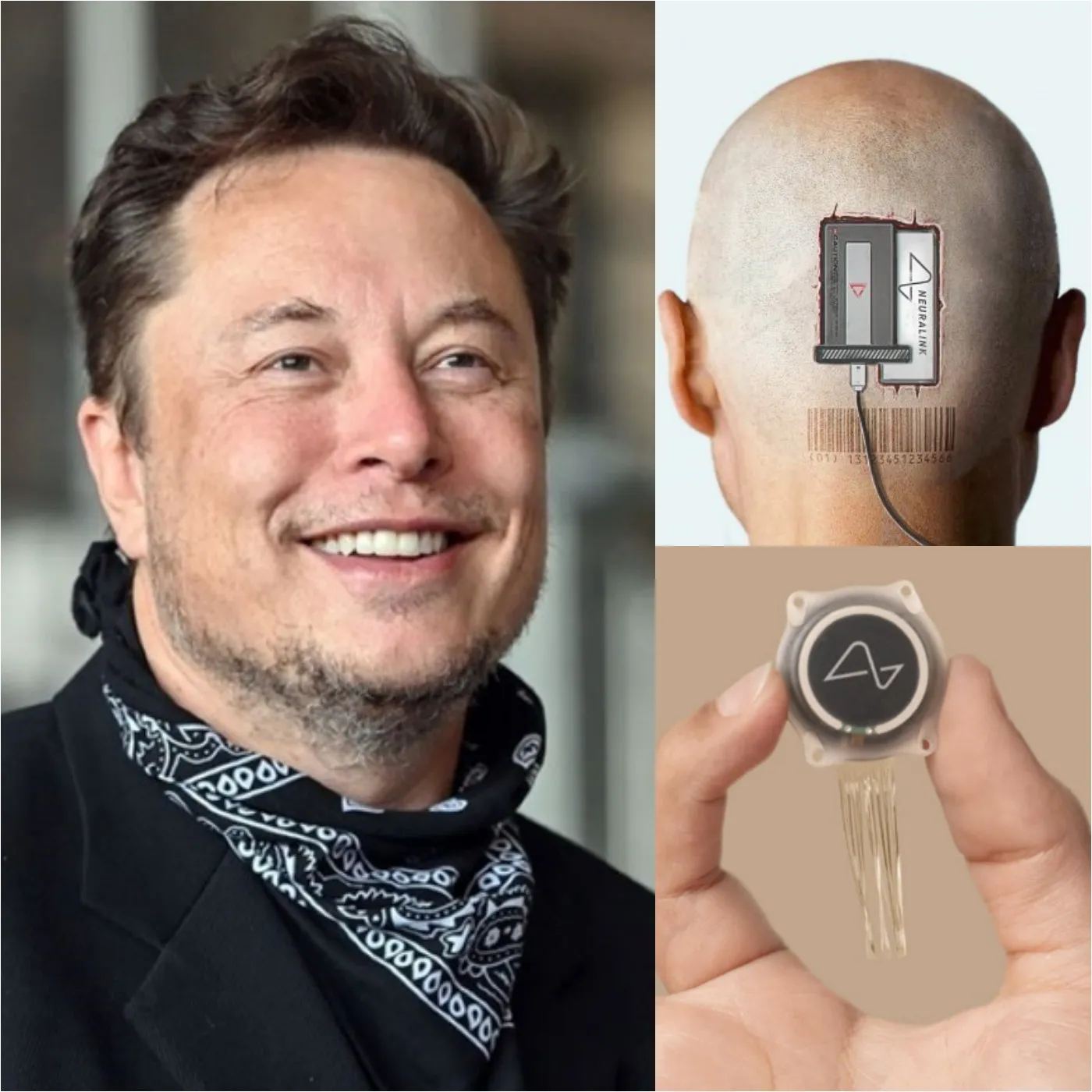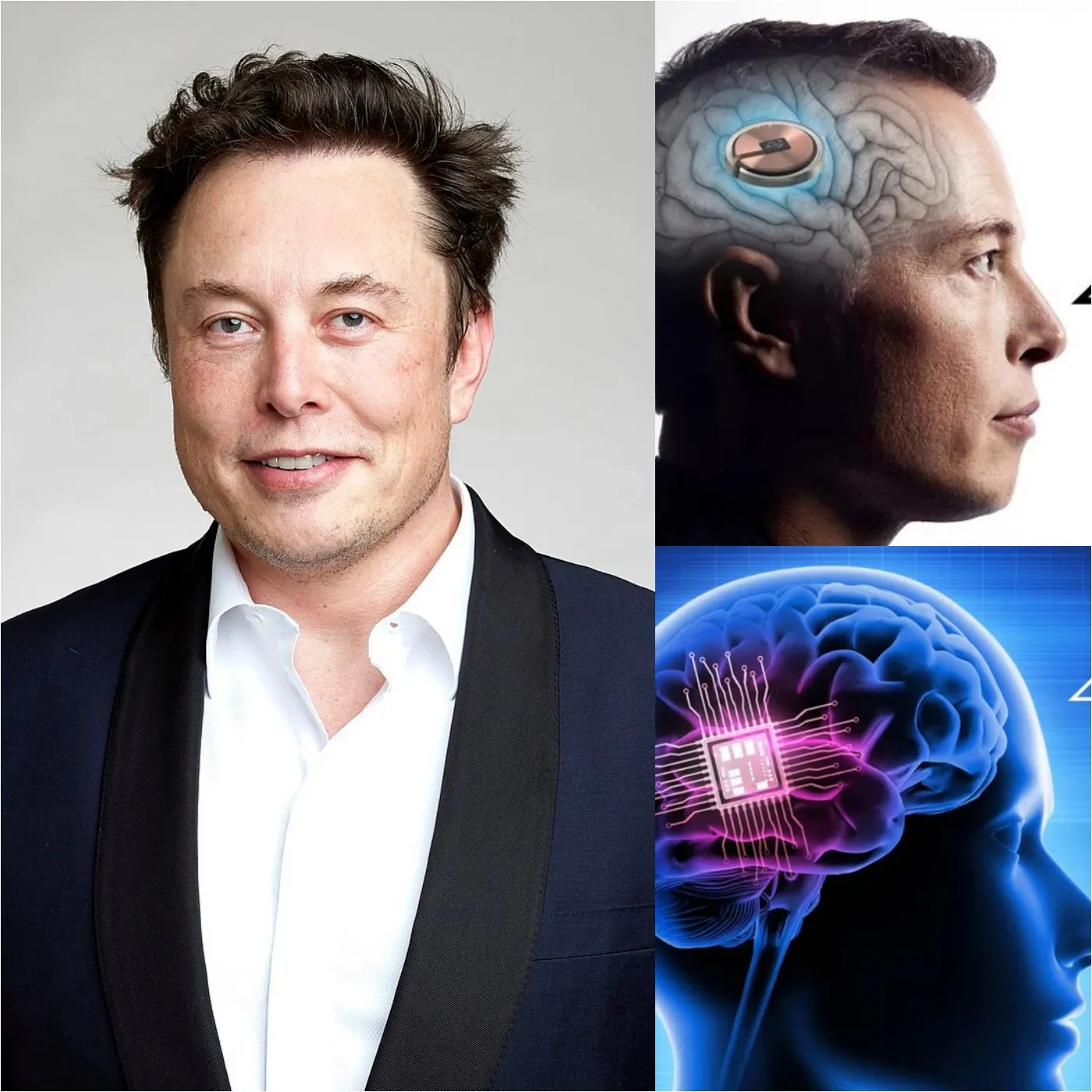Urgent: Neuralink needs engineers to accelerate production
Neuralink, the brain-computer interface company led by CEO Elon Musk, has recently posted job listings on its official website. The company is also hosting multiple recruitment events throughout November in California and Texas. These new positions are aimed at accelerating production to support Neuralink’s mission to develop advanced brain implants.
Job Opportunities to Enhance Manufacturing Efforts

Elon Musk has stated that Neuralink’s technology will eventually enable people to send messages or play games through thought alone, with an initial focus on helping patients with severe motor disabilities. However, Neuralink’s approach to mass production has raised concerns within the industry. Despite having only two implants tested on humans, the company is ramping up hiring and manufacturing efforts. This strategy has drawn criticism from experts, including John Donoghue, a neuroscientist at Brown University, who warns that Neuralink’s push for mass production is unconventional for a medical device company.
Skepticism About Early-Stage Mass Production
Experts like Donoghue believe that most medical device companies would not begin mass production until their products have been fully tested and approved. Neuralink’s early-stage manufacturing push has been described as a risky move, as the company has yet to fully perfect its technology. The FDA has previously raised safety concerns about Neuralink’s implants, including issues related to the wiring of the devices and thermal overload. Although Neuralink received FDA approval to begin human trials in May 2023, the company faces significant hurdles before it can move forward with broader distribution.

Future Prospects and Expansion Plans
Despite these challenges, Neuralink continues to hire aggressively, with over 600 positions filled in 2023 and 2024. The company has also submitted plans for a new facility near Austin, Texas, to further boost production capabilities. In addition, Neuralink has expanded its operations by moving its headquarters to Nevada earlier this year, signaling a major commitment to growth.
As Neuralink strives to advance its brain-machine interface technology, its approach to scaling up manufacturing could have far-reaching implications for both the medical technology industry and the broader U.S. economy.



